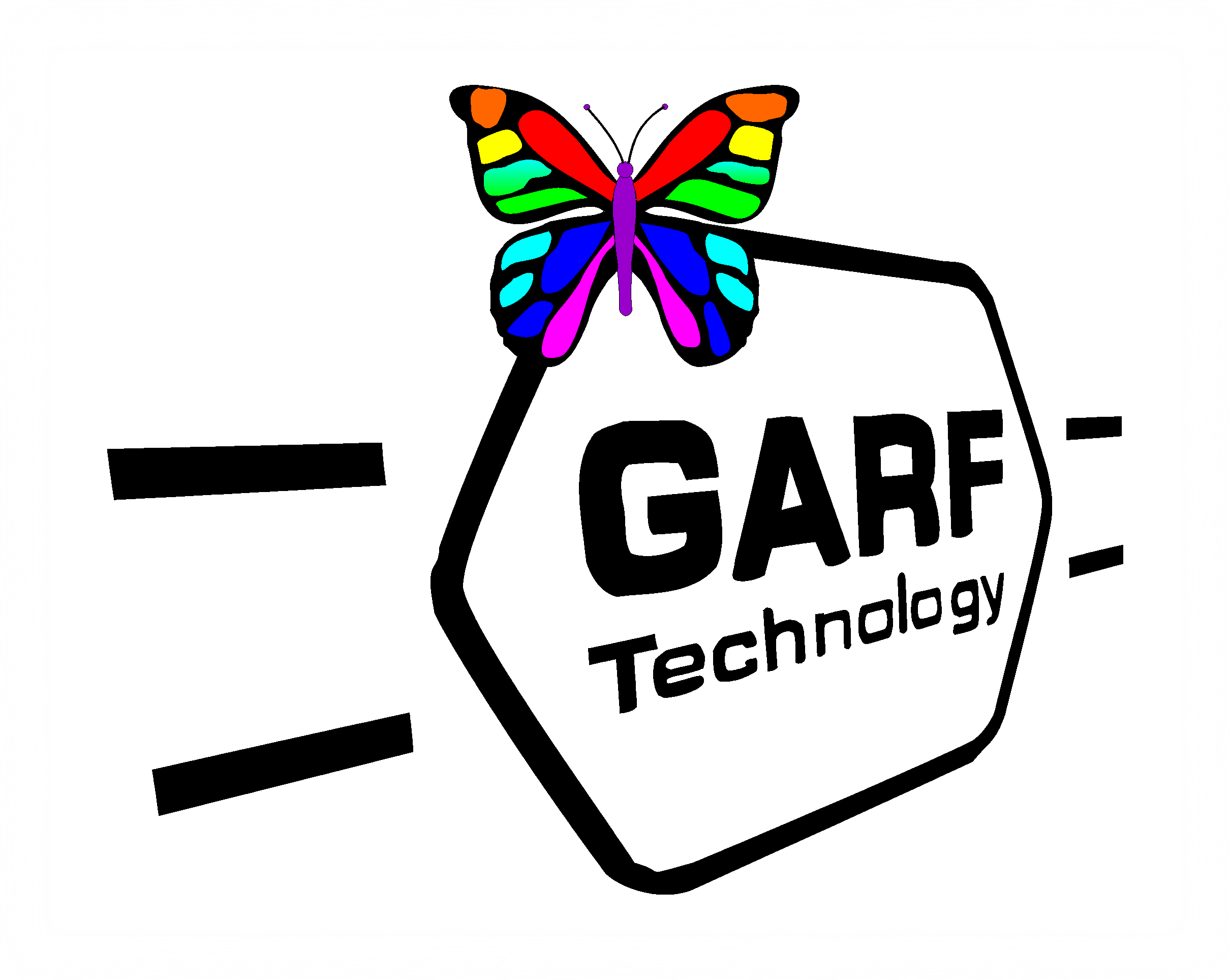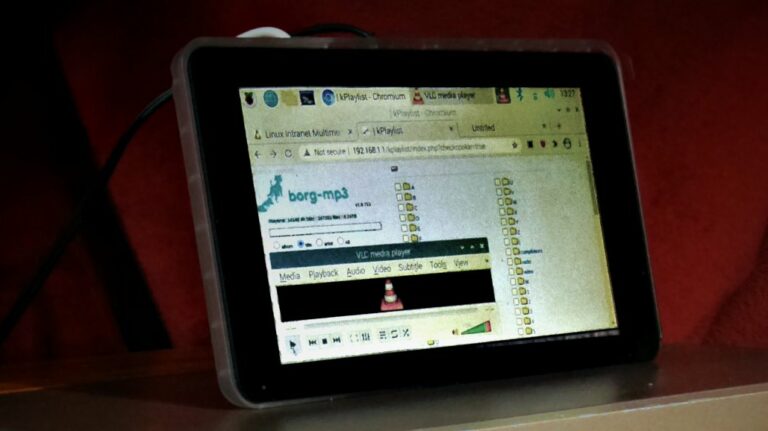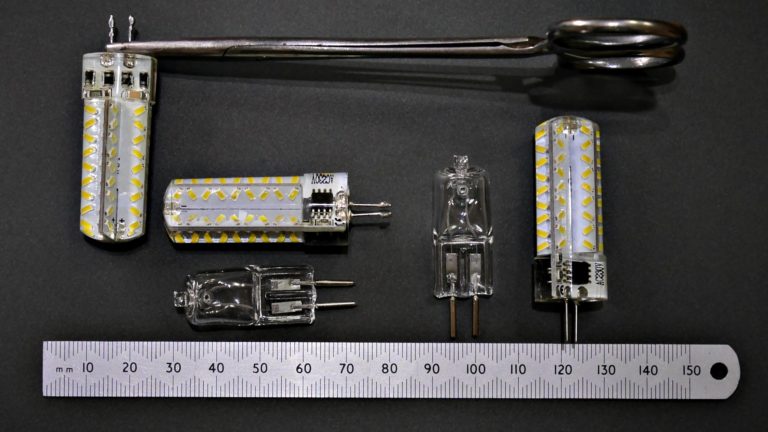Is Linux a “disruptive technology”?
If you do a google search for “disruptrive technology” and the word “Linux”, you’re likely to get over 50,000 hits. Trouble is that many of the articles that appear are quite old, often going back as far as 2001 and further. A lot has happened in the last few years…
- For a start, today we have very good Linux for desktops. By all accounts desktop Linuxes were pretty crap back in 2001.
- Windows 5 & 5.1 (2000 & XP) were actually reasonably good products in their day. Besides, the full horror of MS’s now infamous security holes, virus vulnerability and its draconian licensing hadn’t really hit home either. Therefore there was not much impetus for users to switch in those days.
- Windows 6 (AKA Vista) has been a disaster for Microsoft. So much so that MS is rushing to release Windows 7 by the end of 2009 in order to stem the increasing haemorrhage of users migrating to Ubuntu etc – just like we did last year. If MS screws up Windows 7 too (and rushed OS’s are seldom particularly good) then that is the time when I expect to see a lot more penguins invading people’s desktops.
- There is a whole new generation of computers that simply won’t run Windows – or if they will, then the performance is considerably poorer on Windows than on Linux.
- Devices like the aforementioned Asus eeePC.
- Sub-£300 laptops that skinflints like us run our businesses on. These machines run like slugs on Vista but go like the clappers on (K)Ubuntu
- Android devices: Android is Google’s new Linux-based, open source operating system for mobile phones & PDA’s. Most major handset manufacturers have said they plan to adopt it. Though there have been criticisms regarding the nature of the license, and the predominance of Java over direct system API calls, it nevertheless means development can go ahead across many different platforms. Also means Ballmer and his buddies in Redmond really don’t get much of a look-in.
http://en.wikipedia.org/wiki/Android_(mobile_phone_platform)
- I think the most interesting thing of all is that when you listen to the likes of Steve Jobs & Jonathan Schwartz, it seems that we are not the only people on the planet who are planning for a time when MS becomes just another software supplier.
Perspective
So it seems to me that whether or not Linux is “disruptive” depends largely on one’s perspective.
For us open source convertees, we have all the tools and applications we need to run our businesses. Our upgrade paths and system updates are routine, well organised, very reliable and highly sustainable – not to mention free! As long as we can adequately access, secure and manipulate our data then no. Linux is far from disruptive. In fact one could argue that it is the classic “sustaining technology“. I.e it relies on incremental improvements to an already established technology.
However, for Microsoft, and I suspect for quite few of its customers that have invested heavily in Microsoft-only data formats and tools, then yes. I think Linux and its spin-offs will be very disruptive indeed.
MS seems to be to accelerating the lock-in too. For example it is much more difficult to run a dotNET-derived program on Linux under WINE than it is an older VisualBasic one. To put it bluntly: now is not a good time to be buying or writing new Windows applications because moving these to Linux is likely to be much more difficult than moving older applications.
So I fear that for folks who have invested heavily in Microsoft-based products and particularly those whose business data is locked into Microsoft-only formats then yes it may prove very disruptive indeed – not to mention expensive!







